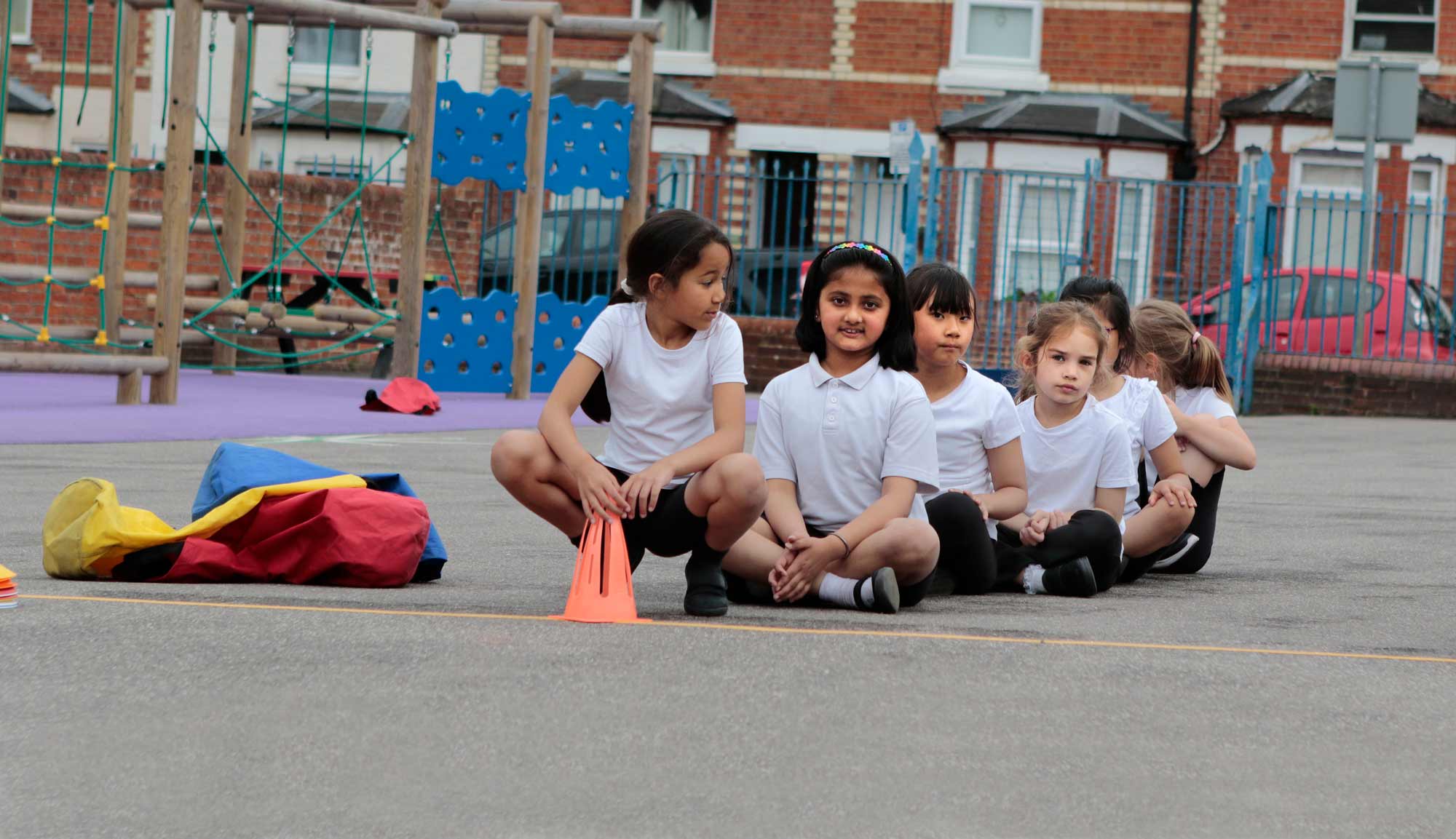Religious Education (R.E.)
Intent
We deliver Religious Education (RE) in line with the Diocesan guidelines Academies and free schools can choose which agreed syllabus to use or create a syllabus of their own following the same guidelines as other agreed syllabus writers. We have chosen to deliver the ‘Discover RE’ scheme of work.
• Battle Primary Academy recognises and values the religious backgrounds and non-religious backgrounds of each of our pupils. We intend to be sensitive to the home background of all and therefore work to ensure that RE is accessible to all pupils and teachers of any religious persuasion or none.
• We have a strong understanding of how RE can play a leading role in pupils’ spiritual, moral, social and cultural development.
• At Battle Primary Academy, we know how relationships with members of local communities and local faith communities can enrich pupils’ experiences in RE and we strive to cultivate and maintain these relationships.
Legal requirements RE at Battle Primary Academy will meet legal requirements by:
• its inclusion in the curriculum of all registered pupils. In primary school, this is a requirement for all pupils in Reception to Year 6, but does not include children in nursery classes. However, at Battle Primary Academy, pupils in nursery also take part in RE
• reflecting the fact that religious traditions in Great Britain are in the main Christian, while taking account of the teaching and practices of the other principal religious traditions represented in Great Britain
• teaching RE in accordance with Diocesan guidelines
• ensuring that parents and carers are aware that they have the right to withdraw their child/ren from all or part of RE.
We follow the ‘Discover RE’ scheme of work. Aims The aims for RE and broken down in to three strands. Our aims of RE are that pupils will:
A. Know about and understand a range of religions and worldviews, so that they can:
• describe, explain and analyse beliefs and practices, recognising the diversity which exists within and between communities and amongst individuals;
• identify, investigate and respond to questions posed, and responses offered by some of the sources of wisdom found in religions and worldviews;
• appreciate and appraise the nature, significance and impact of different ways of life and ways of expressing meaning.
B. Express ideas and insights about the nature, significance and impact of religions and worldviews, so that they can:
• explain reasonably their ideas about how beliefs, practices and forms of expression influence individuals and communities;
• express with increasing discernment their personal reflections and critical responses to questions and teachings about identity, diversity, meaning and value, including ethical issues;
• appreciate and appraise varied dimensions of religion or a worldview.
C. Gain and deploy the skills needed to engage seriously with religions and worldviews, so that they can:
• find out about and investigate key concepts and questions of belonging, meaning, purpose and truth and respond creatively.
• enquire into what enables different individuals and communities to live together respectfully for the wellbeing of all;
• articulate beliefs, values and commitments clearly in order to explain why they may be important in their own and other people’s lives.
Implementation
It is agreed that teachers from Nursery to Year 6 teach RE once a fortnight. The length of this lesson needs to be appropriate for the age group. Although time is limited for teaching of RE, teachers need to ensure each part of the cycle is taught. This may mean incorporating two elements of the cycle together in one lesson e.g. evaluation and expression. It will also be beneficial for teachers to pull out the most relevant sections of the ‘investigation’ part of the cycle and condense this into one lesson. There is no expectation for children to complete a piece of work in each lesson, it will be clear on the plan when this is expected. However, children having short write-ups or pictures from drama or discussion-based lessons to refer back to will help them to deepen their understanding of the key themes and piece together an answer to the key question in each topic. Progression for RE across year groups is tracked on the RE progression document. This is to ensure understanding of key elements of religions and how we can relate to this is enriched as children move up through the school. It also ensures that children are exposed a range of different religions and have opportunity to make links between those religions and their core beliefs.
Impact
Children will have the appropriate opportunities to explore the key themes and questions in the topic they are learning about. The curriculum should be delivered in a way so it is accessible to all the children in the year group. Children will be able to answer the key questions at the end of the topic (with the understanding that there is no one correct answer). They will also be able to make links between the core religious principles they have been learning about and their own lives. Children will respect the beliefs of others and discussions and class work will demonstrate this.

